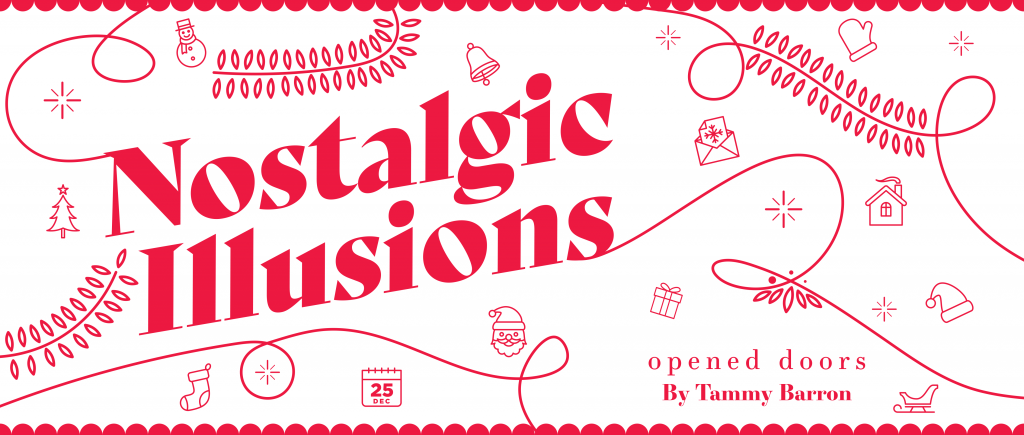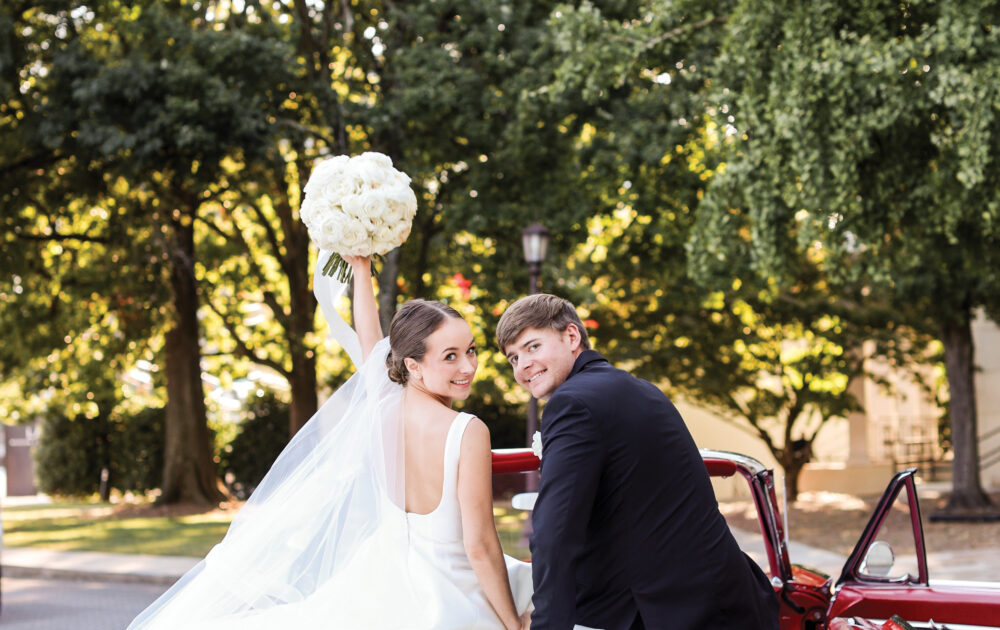
The brass band swells around the silky voice reminiscent of my Christmases at home. Nat King Cole’s soulful serenade seemed to usher in the season of yuletide joy every December of my youth. This December feels quite different as it marks the end of a year seeped in historic changes to our habits and routines. This year brought fear, doubt, frustration, and joy intensified to near breaking points. There have been many times I felt as if I were living in some emo dystopian landscape.
As the holidays grow near, the feelings of uncertainty continue as family plans, parties, and travel are cancelled. My Christmas will look a lot different; it’s been a full year since I’ve seen my parents. Until a vaccine is available, we have no plans in the works to see each other and reunite them with their grandchildren.
COVID-19 is steady in keeping us on hold. I find that memories of earlier times are flooding into my mind, more bittersweet than usual. The smell of cinnamon and pine and the taste of sugar cookies keep nagging at my subconscious. What good is this nostalgia when life looks so different now? While it may bring substance and texture to my memories, my nostalgia also carries the reminder that those times are lost, and our present is as delicate and fleeting as ever.
The term “nostalgia” derives from the Greek words nostos (homecoming) and algos (pain). The literal translation of the word, then, is the suffering evoked by the desire to return to one’s place of origin. The phrase nostalgia was first coined in the 17th century by Swiss physician Johannes Hofer. At that time, many physicians considered nostalgia a mental disorder caused by the unremitting clanging of cowbells in the Alps, which caused brain damage.
This is hilarious to me. Obviously, our interpretation of nostalgia is much different these days, but the triggers for a yearning for the past can be equally absurd: broken trinkets and worn photographs. Interesting, however, is that the theme of painful longing for what is lost can be found in writings throughout history around the world. Ancient Greeks, Biblical proverbs, and modern-day writers often visit this phenomenon. It seems to be a universal time portal to help us remember that our lives are rooted in a narrative that gives meaning to our experiences.
The smell of rain-saturated leaves evokes an immediate lightness of being as I am whisked through time to find myself playing in the woods with my brother. My current surrounding fades as I step in time to once again feel the damp chill on my cheeks and remember the vivid colors of the ground darkened and shiny from the rain. My ears hear his laughter mingling with the rustle of fallen leaves beneath our feet; I feel jarred when I blink and see that in fact I am still here, nestled heavily in adulthood, thousands of miles away from those childhood playing grounds.
When I feel consumed with the ushered loneliness of faded friendships and miles removed over the years, I turn to the memories captured in old pictures. I hold to them as if it were possible to reach through and relive those times again. This reflective journey makes me keenly aware of how fleeting the moments are that comprise our days, and I instinctively want to clutch at time and hold it close to slow the growth of my children.
I heard a friend say while watching her 14-year-old son play from afar, “If I had known that moment, years ago, when my son held me that it was the last time, I never would have let go.” My heart shattered with her words and that inevitable loss shared by all mothers. For all of the unknowing lasts captured by these photos, they are but shadows of those beautiful relationships. My reflection turns more inward as I acknowledge the permanent influence these people have on my values and expectation of this world. It seems the longing eases with the realization that I when I act accordingly to these values and expectations, I am the breathing collection of it all.
Sometimes these nostalgic time travels feel less like an act of reflection, and I feel the push to reconstruct the way things were in the past, as if the act of reliving these moments will relieve the haunting of time gone by. If I play my old Nat King Cole albums, will I miss my family less, or will the pain of our separation become more palpable?
Maybe within the act of recreating our family traditions, new memories of the holidays take hold and bind the wounds of heartache and loss, fostering a joyful anticipation of times to come. This idea strengthens me. There is a balm knowing we have today. Merry Christmas and Happy Holidays, and may your traditions bring healing and joy for all that share your heart.









